Question And Answer
Publications
Articles, publications, books, tools and multimedia features from the U.S. Institute of Peace provide the latest news, analysis, research findings, practitioner guides and reports, all related to the conflict zones and issues that are at the center of the Institute’s work to prevent and reduce violent conflict.
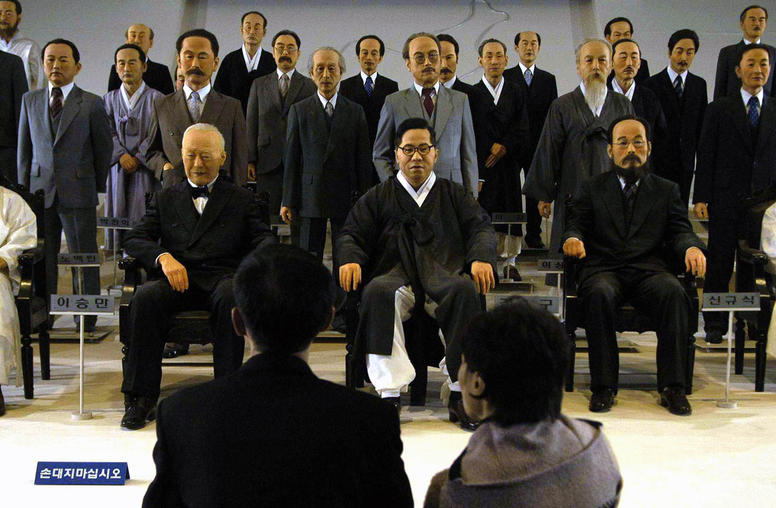
Japan, South Korea Must Address Mounting ‘Debt’ of Historical Atrocities
Few issues between Japan and South Korea draw as much attention and political resources while producing such ephemeral results as historical reconciliation. In two years, the countries will reach milestones for major agreements, such as the 10th anniversary of the 2015 “comfort women” agreement and the 60th anniversary of the Treaty on Basic Relations between Japan and South Korea. Between these two landmark deals are several official Japanese apologies, government speeches acknowledging Japan’s colonial past, visits by Japanese dignitaries to Korean memorial sites, a public-private reparations program, government-level “friendship” initiatives and civil society efforts to grapple with so-called history issues.
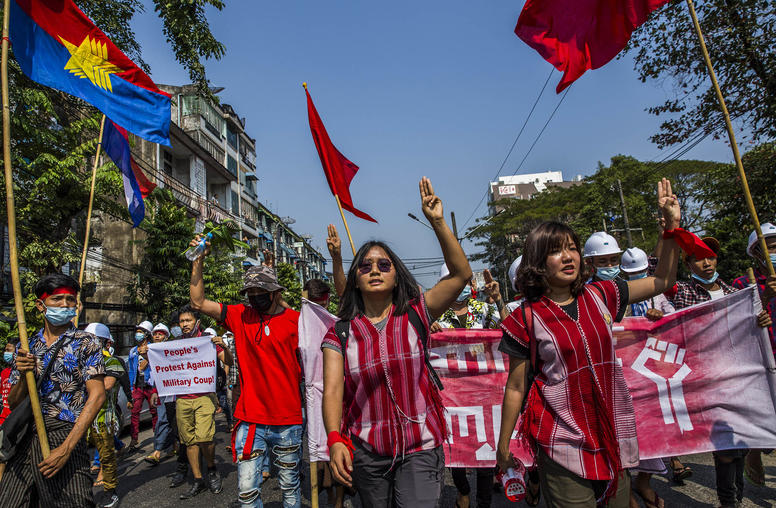
Two Years of Myanmar’s Junta: Regional Instability, Surging Organized Crime
Two years ago today, Myanmar’s military snuffed out the country’s democratic government in a coup and set about restoring the grim dictatorship that dominated the Southeast Asian nation for 50 years. But the generals’ initial moves — jailing civilian leaders, shutting the free press, issuing heavy-handed decrees — were the only things that went according to plan. To date, the coup has instead triggered myriad unintended effects. None are more urgent and consequential than the instability and crime that the generals’ power grab triggered across Southeast Asia, and none more directly implicate U.S. interests in the region.

For Israelis and Palestinians, a Tragic Spiral Reemerges
Since late last week, violence between Israelis and Palestinians has rapidly escalated in the West Bank and around Jerusalem, and January has proven to be one of the most violent months in the West Bank in decades. Attacks continue, exacerbated by bitter publics, frenzied politics and fragile institutions in the West Bank. The Israeli-Palestinian conflict may be in a spiral toward a third intifada and even the possible end of the two-state paradigm.
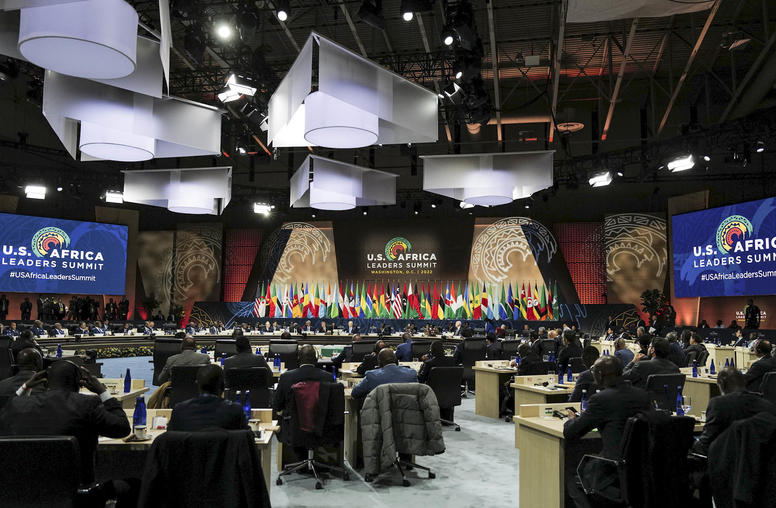
Four Takeaways from Treasury Secretary Yellen’s Trip to Africa
Treasury Secretary Janet L. Yellen’s recent 10-day trip to Africa kicks off a year of sustained, high-level U.S. engagement, aimed at demonstrating that the Biden administration is “all in on Africa, and all in with Africa” following December’s U.S.-Africa Leaders Summit. With trips from the president, vice president, and other cabinet secretaries in the works, this “super-charged” U.S. diplomacy is moving beyond the typical secretary of state visits. A close look at some of the issues encountered by Yellen on her trip demonstrates that showing up on the continent may be the easy part of going all in with Africa.

Sameer Lalwani on the Future of U.S.-India Relations
The United States and India have a common cause in their tensions with China, as well as a “natural partnership” on technology investments, says USIP’s Sameer Lalwani. But India remains noncommittal when it comes to Russia’s war on Ukraine: “They’ve concluded that they need Russia to stick around.”

Thomas Hill on the U.N. Mission in Libya
Twelve years since the fall of Qaddafi, the United Nations' Libya mission carries the same mandate as it did in 2011. With the country still experiencing various degrees of conflict and upheaval, it’s time to “re-envision what we want the U.N. to do” in Libya and create a “mandate [that] will reflect that,” says USIP’s Thomas Hill.
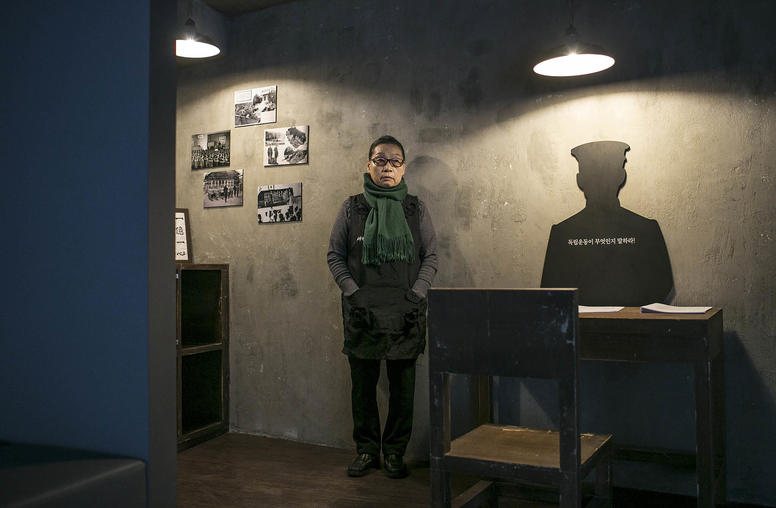
Beyond the Courts: History-Related Lawsuits and South Korea-Japan Relations
While the relationship between South Korea and Japan is fraught with a number of historical and territorial disputes, the current cycle of tensions focuses our attention on lawsuits related to the colonial era. Most notably, bilateral ties soured after 2018, when two landmark rulings from the South Korean Supreme Court ordered Japanese firms to compensate Korean plaintiffs for their wartime forced labor.

Ukraine: A Real Peace Will Require Change from Russia
The United States and its allies are seeking ways to promote a sustainable peace in Europe — one that ends Russia’s brutal assault on Ukraine and strengthens a global prohibition on such wars of aggrandizement. Tragically but realistically, Russia, like most historic imperial powers, will need to be defeated militarily before it abandons war as a means to dominate its neighbors. Any negotiated peace before such a defeat will simply let Russia rebuild its forces and renew its assault. Yet even as the West should maintain full support for Ukraine’s defense, such as the tanks much discussed this month, it should encourage negotiation toward specific goals.

Event Extra: Afghanistan’s Media Landscape Amid Taliban Rule
Ayesha Tanzeem, the director of Voice of America’s South and Central Asia Division, explains how Afghanistan’s media landscape has changed in the last year and a half, how media organizations are fighting back and what the international community can do to help protect media freedom in Afghanistan.
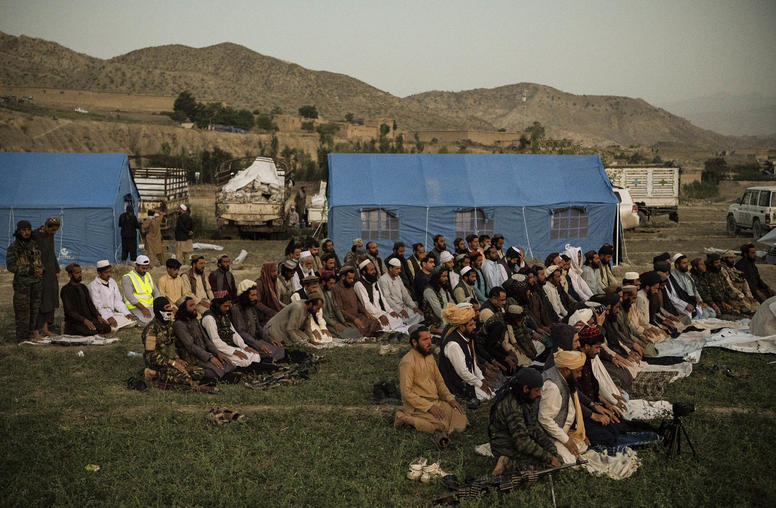
Wrestling with a Humanitarian Dilemma in Afghanistan
Recent decrees by the Taliban barring Afghan women from attending university or working in NGOs are severely damaging the country both socially and economically, especially coming atop a ban on girls’ secondary education last year. The marginalization of half the population also highlights the “humanitarian dilemma” that aid donors and international agencies face: Afghanistan is highly dependent on humanitarian assistance, not only for saving lives and easing deprivation but also to stabilize its economy. The quandary for international donors is what to do when alleviating suffering benefits the Afghan economy and thereby the Taliban regime, even when that regime is harming its own people?